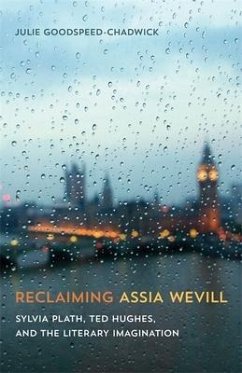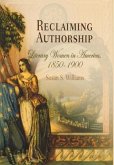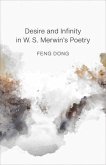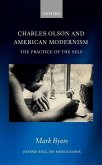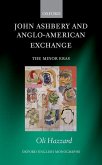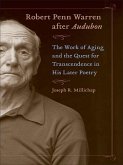"In Reclaiming Assia Wevill, Professor Julie Goodspeed-Chadwick has given us an important book of a divisive figure; a work she calls 'a feminist recuperation of [Wevill's] reputation, artistic work, and influence.' More than a decade after the first biography of Assia Wevill was published, this first critical approach reassesses the person, the writer, and the artist. In doing so, Goodspeed-Chadwick conclusively positions the historical figure of Wevill as a significant contributor to and an original voice in mid-twentieth century literature."--Peter K. Steinberg, co-editor of the Letters of Sylvia Plath, Vol. 1: 1940-1956 and Vol. 2: 1956-1963 "Julie Goodspeed-Chadwick has written the first scholarly study of Assia Wevill, Ted Hughes's mistress and Sylvia Plath's rival. Assia, who committed suicide in 1969, played an important role in the lives and writing of Plath and Hughes and was herself a gifted translator. But until now she has not been given her critical due. Drawing upon new sources, Goodspeed-Chadwick rejects the mythic version of Assia as a femme fatale, or, as Hughes once called her, a 'Lillith of abortions.' She asks why so many readers and critics have accepted and perpetuated Plath and Hughes's disturbing representations of Assia, and what the Assia myth might teach us about our own biases regarding women artists and 'muses.' Throughout this original study, Goodspeed-Chadwick restores Assia's dignity and personhood while offering new approaches to Plath and Hughes's work. This is an important and necessary recovery of a woman artist caught in the crossfire of one of history's most turbulent literary marriages. --Heather Clark, professor of Contemporary Poetry, University of Huddersfield, and author of The Grief of Influence: Sylvia Plath and Ted Hughes "At first, there was silence: she was written out of history. Then, she was vilified as Lilith and she-devil. Later she was labeled as a victim. When we published her biography in 2006, we wished to restore Assia Wevill's voice. Now the time has come to focus and acknowledge her many talents and literary influence. Dr. Julie Goodspeed-Chadwick does a very fine job of placing Assia Wevill in the context of feminist thought and women's history. She cleverly analyses Assia's literary and artistic work and her unfortunate fate as the tragic muse of her contemporaries as well as of 21st century writers and readers. This book is long overdue."--Yehuda Koren and Eilat Negev, authors of Lover of Unreason: Assia Wevill, Sylvia Plath's Rival and Ted Hughes's Doomed Love
Hinweis: Dieser Artikel kann nur an eine deutsche Lieferadresse ausgeliefert werden.
Hinweis: Dieser Artikel kann nur an eine deutsche Lieferadresse ausgeliefert werden.

